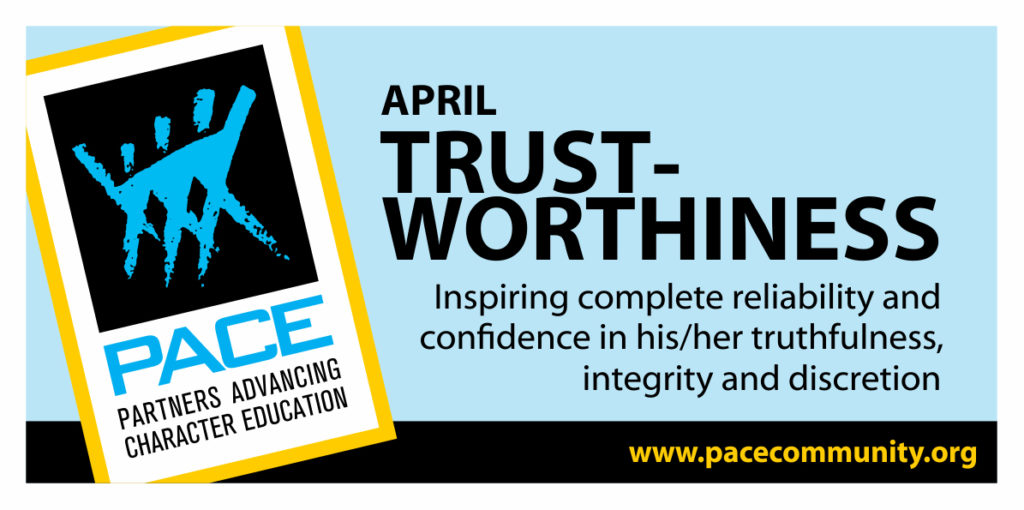
The definition of fairness can be paraphrased as: the state, condition or quality of being fair, marked by impartiality and honesty, free from self-interest, prejudice or favoritism. In short, fairness is doing the right thing, at the right time for the right reason.
Fairness is all around us. Externally, fairness affects the way we do business with our favorite retailers, and likewise how they conduct themselves with us to ensure that we will continue to do business with them.
The perception of fairness is not just about outcomes. According to research, people consider both the outcome of a decision and the process by which the decision was made when forming their opinion about whether a decision was fair.
Community satisfaction with law enforcement is important because the safety of officers may depend upon it. For example, if a member of the public receives a speeding ticket (negative outcome), but was treated fairly during the interaction with the officer issuing the ticket (positive process), the driver is more likely to feel that the encounter was fair and less likely to contest the ticket. The driver is also more likely to comply with the officer’s requests, such as producing identification when asked.
They may also be influenced by the fairness and consistency of the process used to reach those outcomes. This suggests that if executives and supervisors are fair and consistent in the allocation of internal resources, in decision-making, and in resolution of disputes, employees will view the agency and fellow employees as more legitimate and therefore will be more supportive of agency goals and policies.
Words without action are merely the noise of a resounding gong or a clanging cymbal. To truly change the world around us, we must take action, and do the right thing, at the right time, for the right reason. This starts with asking questions such as what do I know? Or more importantly what don’t I know and how can I find out? And lastly how will the action I take in this matter effect those around me and be free from self-interest, prejudice, or favoritism? If these cannot be answered objectively, one should evaluate the situation based on the balance of what feels good and what is right.
Fairness is not always easy, and it most certainly is not comfortable. It must be put into action into our day to day activities for it to be present and to make sure that everyone has the chance to succeed and to make our home, school, community and world a better place for all people. Lessons to go by:
- Treat all people equally – the same.
- Cooperate with one another.
- Be respectful and listen to what others have to say.
- Be willing to do what is best for everyone.
- Play by the rules at all times; be a good sport.
- Include others in games and activities. Don’t leave people out.
- Understand that being fair doesn’t always mean the same treatment in every circumstance.
- Stand-up for someone you see being treated unfairly – you can make a difference!
In summary, fairness of the decision-making process is critical to the legitimacy of decisions as well as employees’ acceptance of them. Ensuring that all individuals, from child to adult, perceive decisions as procedurally fair literally can transform your workplace from one in which complaints, mistrust, and dissatisfaction are common to one in which employees take disappointments in stride and continue to contribute positively to the organization. You have the power to shape your child and adult behaviors in a positive way or a negative way. Which outcome do you choose for your organization?
The Lincoln County Sheriff’s Office has partnered with the Davenport School District to involve our employees with Davenport School District Employees and Students within the school by providing a positive and reassuring presence within the school by visiting, presenting, and providing assistance.

